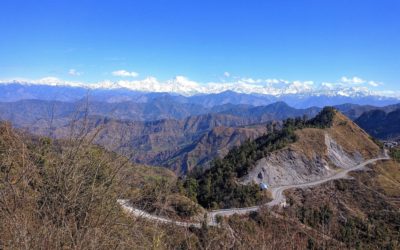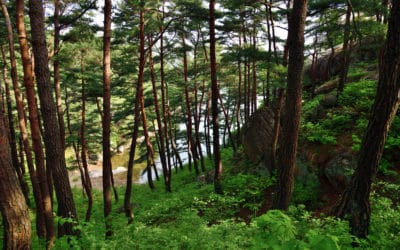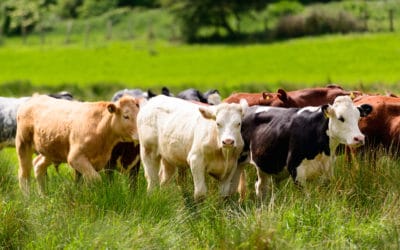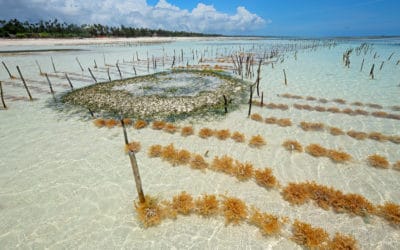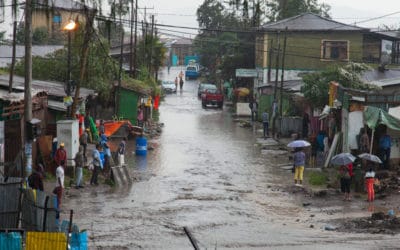YSSP
IIASA Young Summer Scientists Program Blog
The more you give, the more you get
Can we lift people out of energy poverty while simultaneously reducing carbon dioxide emissions? Camille Belmin tried to tackle this issue.
Warming waters, evolution, and the future for fisheries policy
YSSP participant Lyndsie Wszola explores how human interactions with warming freshwater systems have affected the evolution of fish species.
Roads, landslides, and rethinking development
Prakash Khadka and Wei Liu explain how unbridled, unplanned infrastructure expansion in Nepal is increasing the risk of landslides.
Exploring co-benefits of green cooling in China
Xu Wang and Pallav Purohit explain how climate-friendly and energy-efficient air conditioning could expedite building a low-carbon society in China.
Let’s not be arrogant about climate change adaptation
IIASA researcher Marina Andrijevic tackles some inconvenient but fundamental issues around climate change adaptation.
Science across closed borders – the quest for restoring forests in North Korea
Despite the political challenges, 2021 YSSP participant Eunbeen Park is researching ways to restore forests in isolated North Korea.
From pasture to plate: can beef be produced sustainably?
Being mindful of biodiversity loss and environmental impact can disrupt the beef industry globally, here’s how.
Paris Agreement politics at play: the case for carbon dioxide removal
Young Scientists Summer Program (YSSP) participant Felix Schenuit dives into the politics and challenges surrounding carbon dioxide removal in international climate negotiations.
Can seaweed be the solution to our land problems?
Young Scientists Summer Program (YSSP) participant Scott Spillias explores how the adoption of offshore seaweed farming could affect land use.
Matching human movement to climate change
Greg Davies-Jones sits down with Lisa Thalheimer to discuss how attribution science can play a leading role in addressing disaster displacement.



